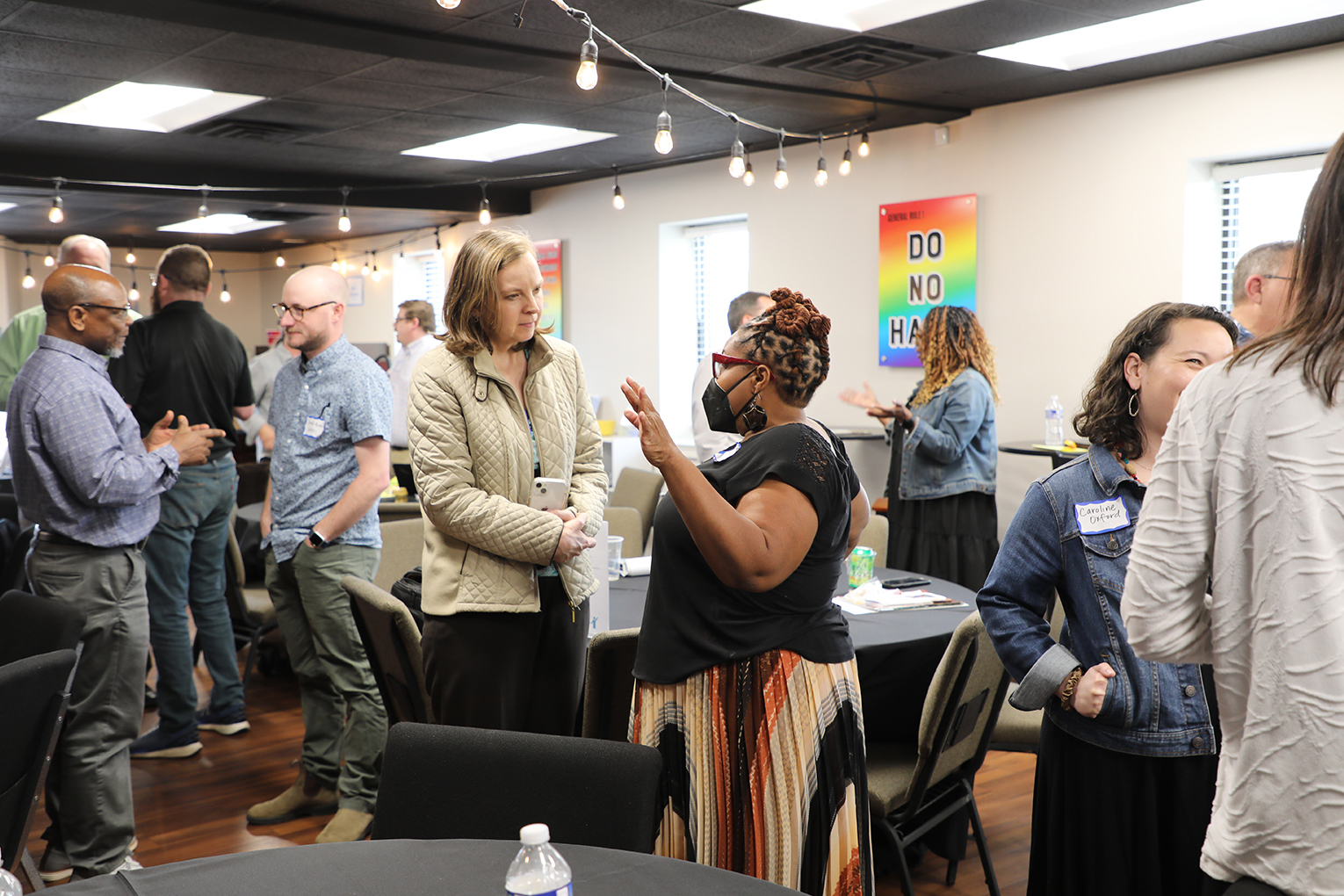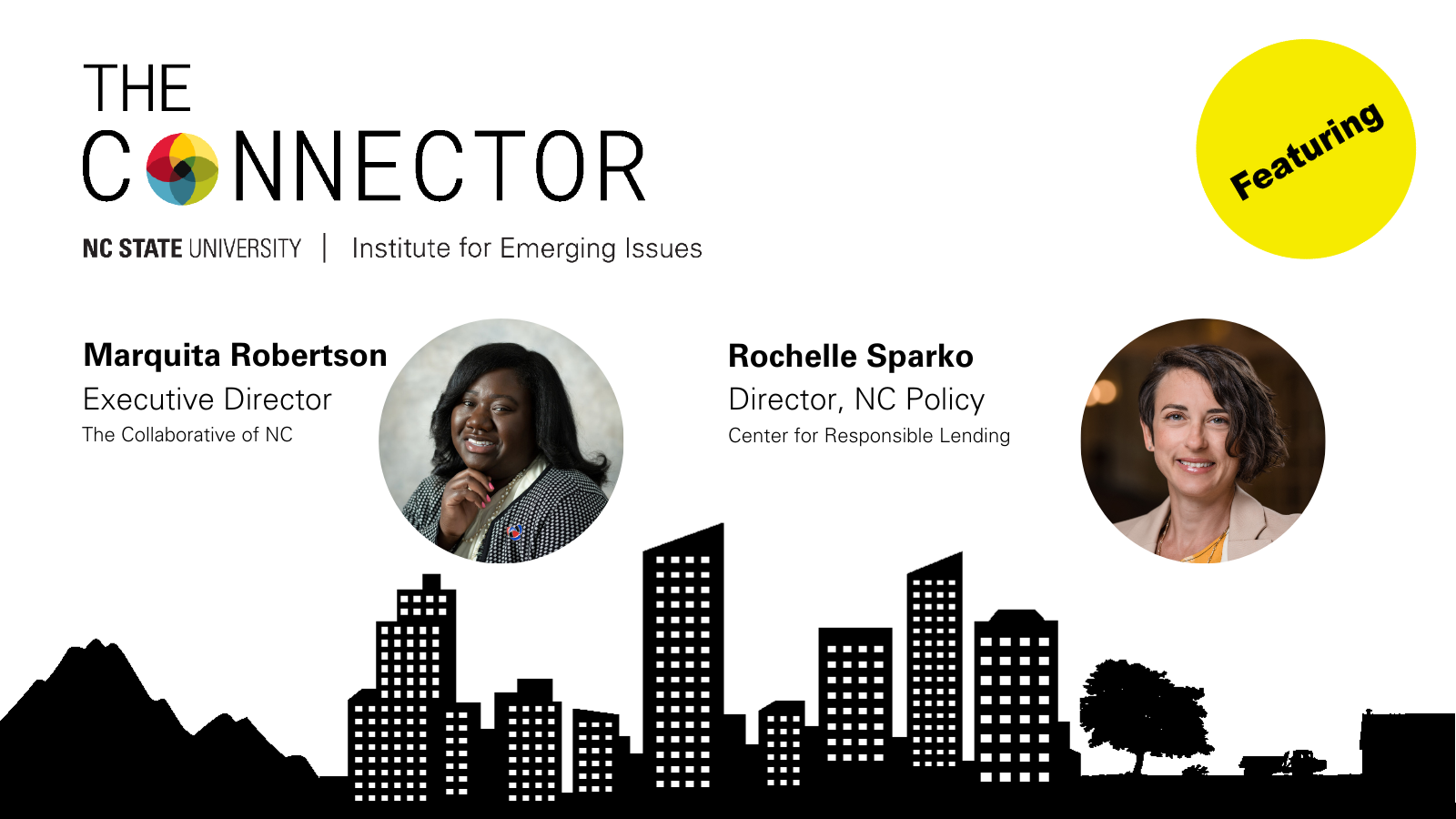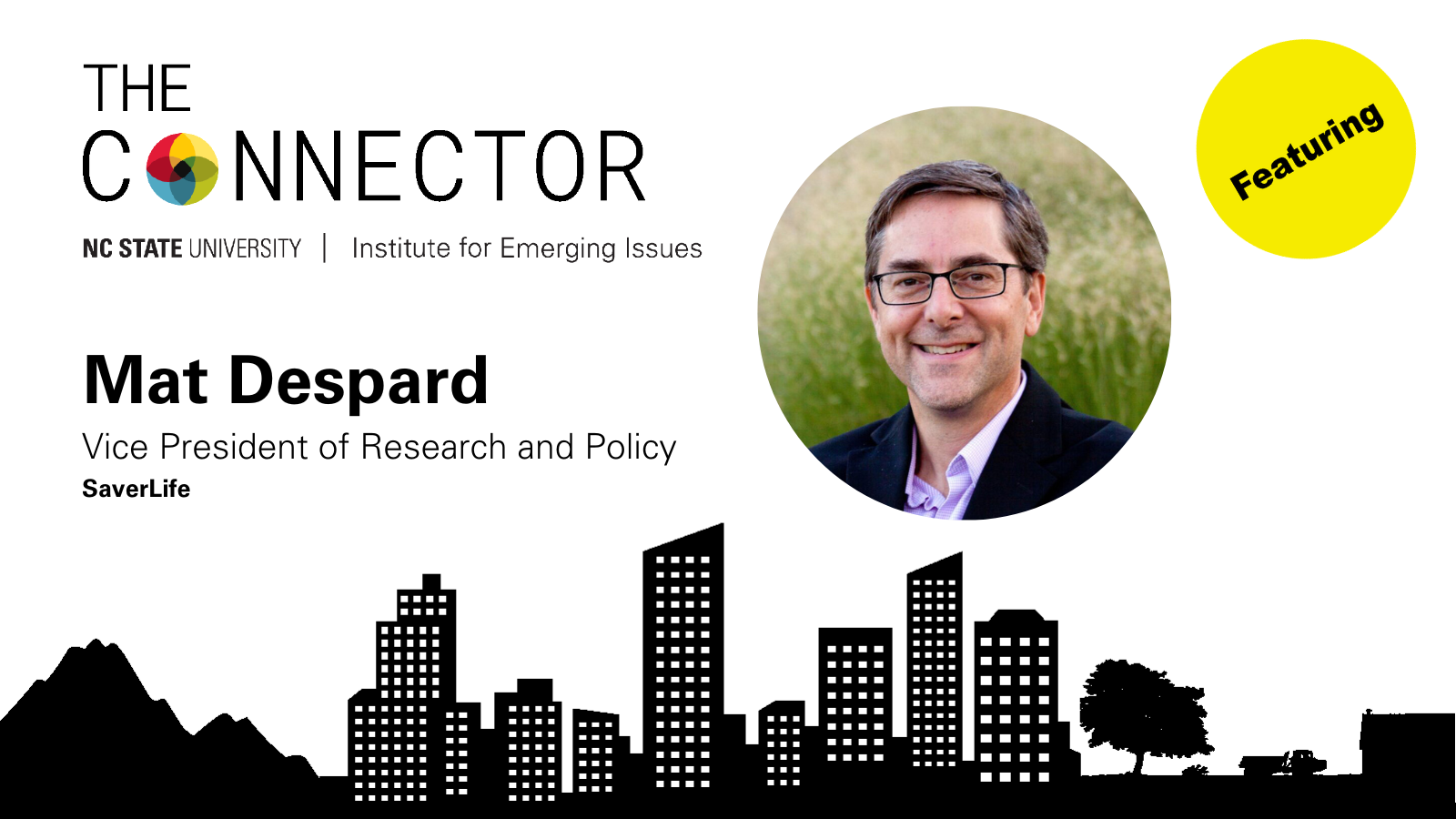Rooted and Ready: Claiming North Carolina’s Rural Future
 The Rural Center hosted their annual Rural Assembly on November 16-17, 2017 in Raleigh, NC. As someone who works with rural faith leaders, I was excited to attend and hear amazing stories from all across the state. Others, I realized, were excited for Vivian Howard.
The Rural Center hosted their annual Rural Assembly on November 16-17, 2017 in Raleigh, NC. As someone who works with rural faith leaders, I was excited to attend and hear amazing stories from all across the state. Others, I realized, were excited for Vivian Howard.

Now, I’m not from North Carolina and I’m no chef, so I hadn’t heard of Vivian or her award winning cookbook Deep Run Roots or her PBS Show “A Chef’s Life”. I think I was the only person at the Rural Assembly who hadn’t followed her fierce commitment to Eastern North Carolina. I quickly learned.
One of the most poignant lines of Vivian’s rousing talk was about her thought process when hiring employees. She explained that her renowned restaurant in Kinston, NC, Chef & The Farmer, is notorious enough that chefs from across the country will move to work there. But Vivian knows that it’s usually temporary; that they’ll be gone in a few years. She prizes people from Eastern North Carolina for their roots in the area.
And it makes sense. But it dawned on me that Vivian and the Rural Assembly naturally talk about rural North Carolina in asset-based language. While rural North Carolinians can often speak of “the good old days” with manufacturing, farming, and bustling city centers, the more important narrative that many share is that rural is good. As speaker Kelly Ryan said, “Don’t let other people save rural. I believe rural will save the nation.”
Trapped. Stuck. There’s nothing to do. Brain drain. There’s no future here.
Rooted. Home. We make things together. Brain gain. We’re building our future.
Language matters.

The Rural Assembly hosted an amazing panel of faith leaders to close out the second and final day. Reverends Brandon Wrencher, Maria King, and Andy Anderson were candid and optimistic about the role of rural faith communities in community development. “Rooted” language weaved itself in the stories of their congregations, projects and failures.
Rev. Wrencher shared that faith leaders can help translate what’s going on in the world to our own contexts. He challenged faith leaders to help congregation and community members practice more one-on-one visits, to acknowledge that many people’s anxieties are a yearning to be known and appreciated.
Rev. King reminded us that leadership is restoration from fear and fault through seeing each other’s dignity. Who’s at the ta

ble? Who needs to be here so we can see our community’s dignity?
And Rev. Anderson proudly reminded the audience that “[faith communities] are the biggest crime prevention in the world. People know each other, care about each other, and provide hope for the future.” My table nodded enthusiastically when he talked about how rural faith communities can help people feel heard, feel loved.
Rooted in community. Aware of challenges. Searching for opportunities. Striving for innovation. Grateful for traditions. The 2017 Rural Assembly highlighted a dynamic rural North Carolina that is passionate about maintaining, fixing, growing and learning. From faith communities, to youth, schools, and neighborhoods, many people are working on “claiming our future.”
_________________________________________________________________________
Kylie Foley is the Rural Faith Communities Fellow at Institute for Emerging Issues, thanks to a joint partnership with IEI, The Duke Divinity School, and The Duke Endowment. The Thriving Rural Communities program offers rural faith leaders across North Carolina the use of IEI resources to help benefit their local communities.
- Categories:


